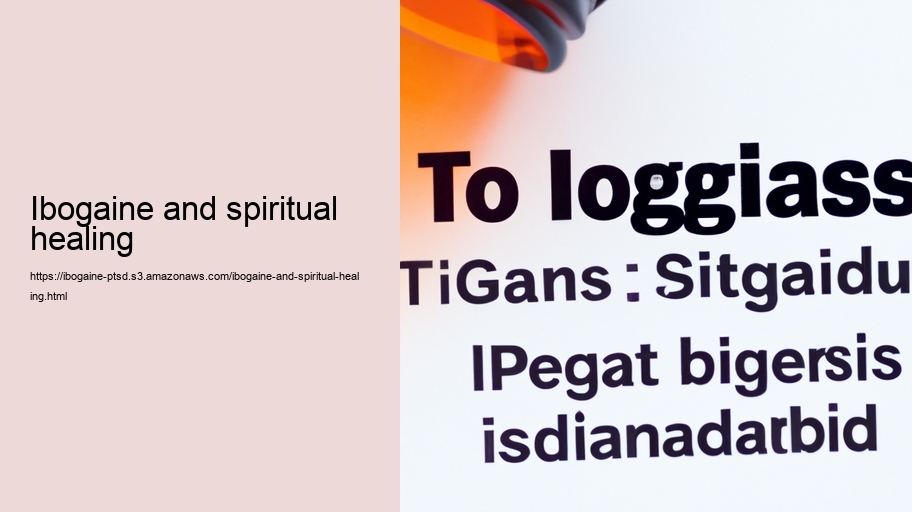Ibogaine and Spiritual Healing: An Essay on the Intersection of Ancient Wisdom and Modern Therapeutics
In the mosaic of healing practices that span across cultures and epochs, few substances have garnered as much intrigue and controversy as ibogaine. This naturally occurring psychoactive compound, derived from the root bark of the African shrub Tabernanthe iboga, has been at the center of both spiritual ceremonies and modern addiction therapy discussions for decades. The intersection of ibogaine's use in spiritual healing and its potential therapeutic benefits offers a fascinating glimpse into how ancient wisdom can inform contemporary medical practices.
The story of ibogaine begins with the Bwiti spiritual tradition among indigenous peoples in West-Central Africa, particularly Gabon. For centuries, they have used iboga in initiation ceremonies and healing rituals. In these contexts, it serves as a potent tool for psychological introspection, allowing individuals to confront their fears, understand their life purpose, and connect with ancestral spirits. The Bwiti believe that through this plant medicine's guidance, one can achieve profound personal transformation—a process often described as a rebirth.
The path from traditional use to Western interest is marked by pivotal moments when knowledge about ibogaine crossed cultural boundaries. Its introduction to Western science came from French explorers who observed its ceremonial use in the early 20th century. Subsequent research revealed not only its psychoactive properties but also a unique pharmacological profile showing potential for interrupting substance addiction patterns—especially opioids.
As word spread about its possible application in treating addiction without the withdrawal symptoms typically associated with detoxification processes, ibogaine gained attention within alternative medicine circles. Reports emerged of individuals seeking out treatment centers in countries where it was legal or unregulated to undergo intense sessions aimed at overcoming their addictions—a far cry from its original spiritual context but perhaps an extension of its perceived power to heal.
Despite anecdotal evidence supporting its efficacy, scientific scrutiny has painted a more complex picture. Ibogaine is not without risks; it can cause significant cardiovascular issues leading to fatalities if administered improperly or without medical supervision. Yet there remains strong advocacy for further research based on promising results showing reduced cravings and withdrawal symptoms among addicts after treatment with ibogainewhich seems to reset chemical dependencies at a neurological level.
But beyond pharmacology lies another dimension—the potential for deep psychological insight and emotional catharsis during an ibogaine experience that many liken to a spiritual awakening akin to those sought by Bwiti practitioners. Proponents argue that this aspect shouldn't be overlooked since addressing psychological well-being is crucial for sustained recovery from addiction.
Critics caution against romanticizing this complex substance; however, advocates urge us not only toward rigorous scientific study but also toward cultural humility respecting traditional knowledge systems that first recognized its value. They suggest we might find innovative ways to integrate such holistic approaches into modern therapeutic contexts while ensuring safety protocols are prioritized.
As discussions continue around decriminalization and scientific studies progress albeit slowly due to legal constraints governing psychedelic substances—the possibility emerges of marrying ancient ritualistic applications with careful clinical methodology offering bespoke treatments tailored both medically and spiritually.
In conclusionibogainepresents us with more than just an enigmatic molecule; it embodies an opportunity for cross-cultural dialogue between traditional shamanic wisdom and cutting-edge medical science where each perspective could enrich our understanding of healing on multiple levels. Whether viewed through lenses tinted by spirituality or clinical pragmatismor ideallya harmonious blend thereofiboga invites us on an intriguing journey exploring new frontiers in human wellness while challenging us never to lose sight of the rich heritage informing our collective quest for wholeness.
